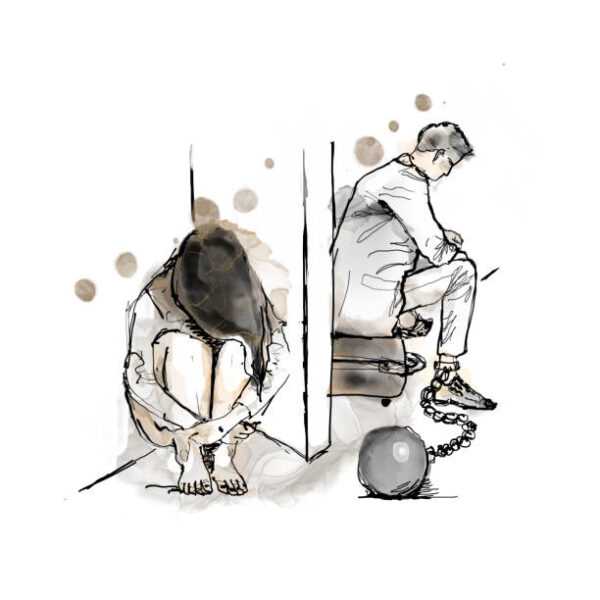
Why Marriage Does Not Work
There’s a growing narrative, whispered in private circles and echoed on social media platforms: “Marriage is outdated.” But here’s the truth—marriage isn’t dead;

Co-dependence is a common yet complex issue that affects many relationships. It is a pattern of behavior in which one partner is reliant on the other person for emotional, physical, or financial support, to the point where their individual identity is lost. Co-dependence can be detrimental to a relationship, leading to resentment, conflict, and emotional distress.
In this blog post, we will discuss the signs, causes, and treatment of co-dependence, and how it affects relationships.
Signs of Co-dependence in Relationships:
1. You prioritize your partner’s needs over your own.
2. You feel responsible for your partner’s happiness or well-being.
3. You avoid conflict or disagreements to keep the peace.
4. You have a fear of abandonment and will do anything to maintain the relationship.
5. You have difficulty expressing your emotions honestly.
6. You struggle with setting boundaries and saying no.
7. You feel guilty when you spend time away from your partner.
8. You tend to rescue or enable your partner’s unhealthy behaviors.
Causes of Co-dependence in Relationships:
1. Childhood trauma or neglect.
2. Being in a previous abusive or toxic relationship.
3. Low self-esteem or a lack of confidence.
4. Codependent parents or family members.
5. Enabling behaviors from friends or loved ones.
6. A fear of loneliness or rejection.
Treatment of Co-dependence in Relationships:
1. Seek Professional Help: A therapist or counselor can help you identify and address the underlying issues causing co-dependence.
2. Develop Healthy Boundaries: Learn to set boundaries and communicate your needs and feelings in a healthy way.
3. Prioritize Self-care: Focus on improving your self-esteem, engaging in activities that bring you joy, and taking care of your physical and emotional well-being.
4. Practice Mindfulness: Developing mindfulness practices can help you become more aware of your thoughts and feelings, ultimately leading to healthier decision-making.
5. Join a Support Group: Connecting with others who understand what you are going through can be therapeutic and helpful in your journey toward recovery.
In conclusion, co-dependence in relationships is a common challenge that can damage a relationship. Understanding the signs, causes, and treatment of codependence can be helpful in preventing this destructive pattern from taking hold in your relationship. By prioritizing self-care, developing healthy boundaries, and seeking support through professional help or support groups, you can overcome co-dependency and create a healthy, fulfilling relationship.

There’s a growing narrative, whispered in private circles and echoed on social media platforms: “Marriage is outdated.” But here’s the truth—marriage isn’t dead;

The phrase, “Las las, everybody go dey alright,” has become a national anthem for coping mechanisms or resilience in Nigeria whenever things go south.

What if I told you that you never have to struggle in your marriage again? No more feeling like you’re in a loveless marriage, thinking about divorce, or

This blog unveils why more Naija men and women at home or abroad are drowning in depression and how to deal with it.
20c, Estaport Avenue, Soluyi, Gbagada, Lagos
www.talkspace.ng
(+234) 809-993-1039
[email protected]